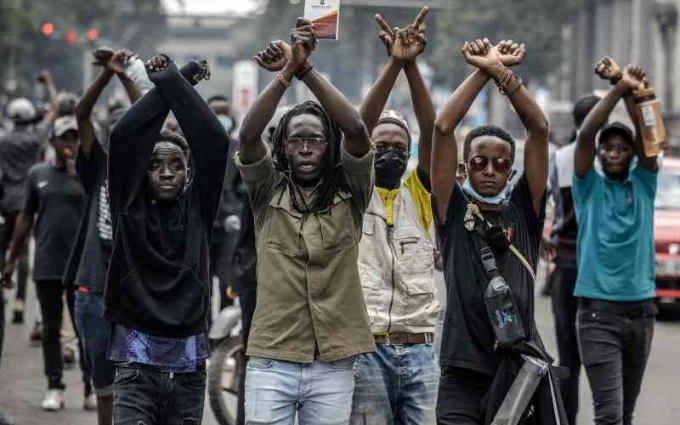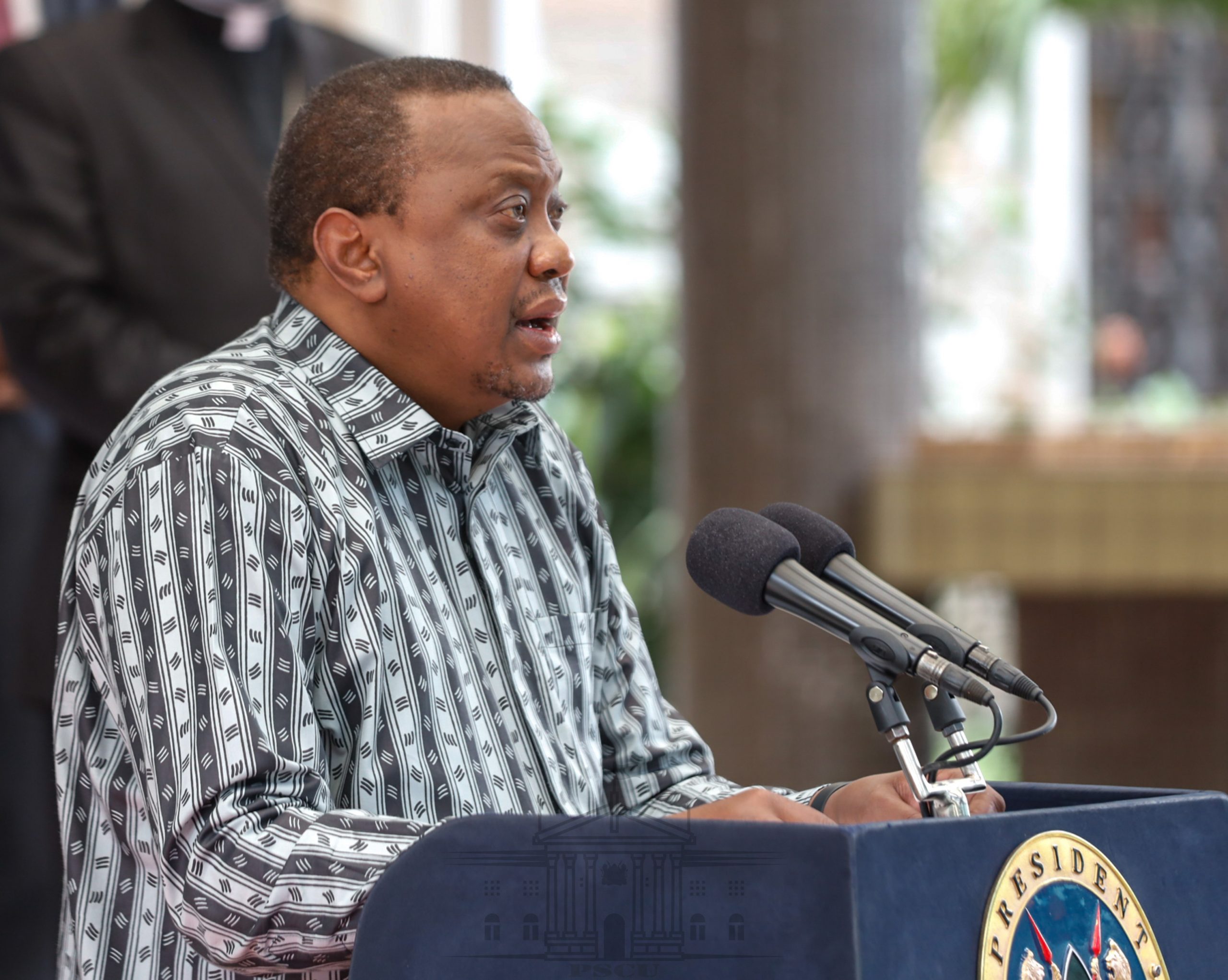If it was a move aimed at making leader of both the Orange Democratic Party and the National Super Alliance, look bad in the eyes of the Kenyan citizenry, the decision to ignore former Prime Minister Raila Odinga may have achieved the opposite. The ensuing public furore on both mainstream and social media must be haunting handlers of the government’s public communication department.
On Madaraka Day held last week on 1st June, in Nyeri County, the organisers and all those who spoke during the event refused to recognise Raila’s presence at the event. And to drive their point home, they placed leader of the Opposition outside the main dais, among heads of State corporations. If you watched the events on television, Raila looked forlorn, and resigned to the relegation.
Now, I have since had several occasions to talk to people on the street from across our ethnic and political divide. Apart from those who see things from purely parochial lenses, the majority feel that totally ignoring Raila during such an august State function was uncalled for. They feel that someone should have risen to the occasion and showed maturity amidst previous provocation.
While I blame our political culture for its myopia, the biggest blame lies with the President’s Strategic Communications Unit (PSCU). Apparently, the unit has become so politicised, that its infighting has made it an ineffective organ in projecting a government that is sensitive to the people’s sensibilities. In order to kowtow to the appointing authority, none has been brave enough to tell the King when he is naked!
Another example of goofing in recent times that has made the presidency look weak is the perennial spat between President Uhuru Kenyatta and Mombasa Governor Hassan Joho. Here I’m reminded of some wiseacre who said that you can never reach your destination if you stop to throw stones at every dog that barks. The President should have been advsed to ignore Joho, as the latter relishes the conflict for its political mileage. Oftentimes, unfortunately, the people’s sympathy is with the underdog.
To be fair to PSCU, previous government’s public communications has not been at par with the people’s need to know, particularly in the post one-party era. Well, there was not much need for convincing the public during the days of the omnipresent Kenya Africa National Union (KANU) party. KANU had an intricate administrative machinery at every level, from the president to the assistant chief at the grassroots. Unlike today’s elastic democratic space where people speak up their minds without fear of reprisal, KANU’s word was law.
SEE ALSO: Sculptor rewards President Uhuru Kenyatta with an odd gift
Uhuru’s predecessor, retired President Mwai Kibaki, also had a couple of ugly incidents that unnecessary spilled into the limelight. One of the memorable ones is the press conference at State House where, apparently under duress, he announced to the world that he has only one wife and mother to his children. In an African context, this was needless and simply ended up washing the president’s dirty linen in public. There were a few more such communication gaffes that eroded the high esteem of the presidency.
Politicians are difficult people to deal with anywhere in the world. Many have a mind of their own, even when they have recruited experts for the job. That is why their communication teams might decide to let them be, rather than try to forestall, criticise or correct obvious communication blunders. Perks aside, it is a thankless job whose only value is measured by the success of its propaganda.
Speaking from both sides of the mouth
The best example of communicating for the highest office today would have to be America’s President Donald Trump. While Trump could be harbouring a vision that the rest of the world has been unable to decipher so far, his public image has been dented by his persona. He has already indicated that he does not trust the White House Press team to represent his views adequately, and even threatened to stop the weekly press briefings.
Back home, the expanded government’s communications structure has added to the confusion in messaging. There is the State House based PSCU on one hand, and the national Government Spokesman, Eric Kiraithe, on the other. In fact, it is only a matter of time before the two organs clash. The presidency and the government in Kenya are two sides of the same coin.
It is an election year, and the government cannot afford to speak from both sides of the mouth. There must be harmonisation of what the government says, both on paper and in deed. Otherwise, a discerning public will lose faith in the leadership, which might translate to lost votes in the forthcoming polls.
The writer is a communication consultant and public policy analyst. [email protected]
[crp]











Leave a comment